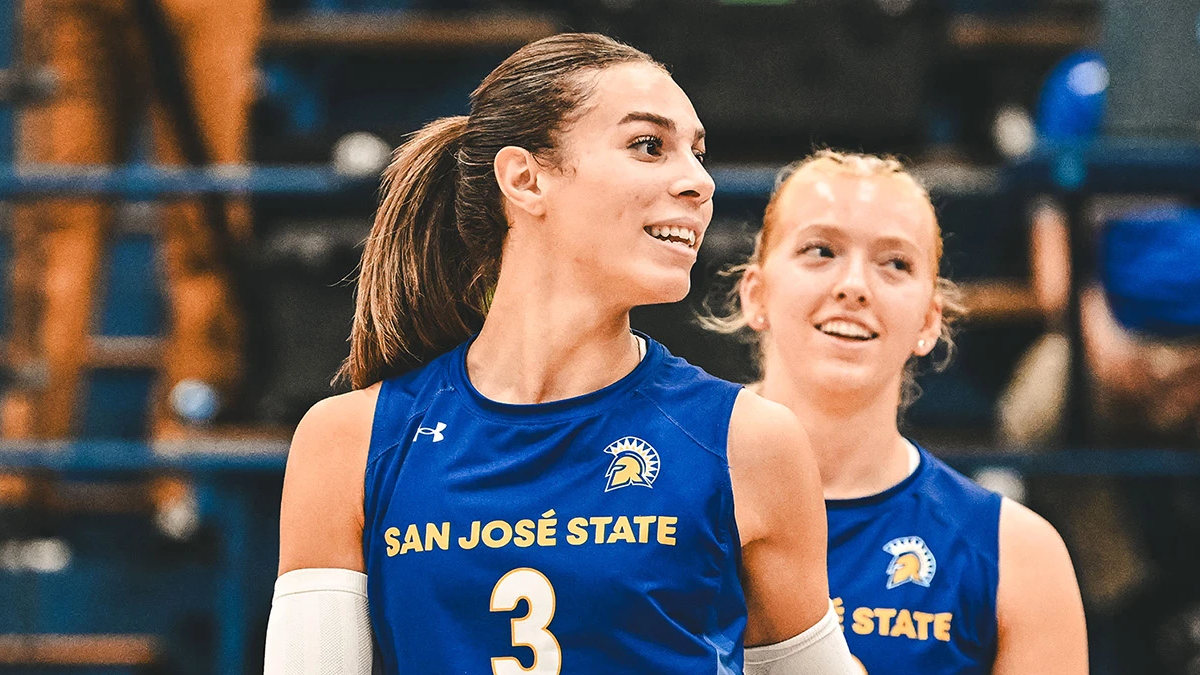
Sjsu Trans Women’s Volleyball Player Blaire Fleming Gets Green Light To Play Conference Tourney
History was made on Thursday when the NCAA ruled that San Jose State University’s transgender women’s volleyball player, Blaire Fleming, is eligible to play in the Mountain West Conference Tournament. This decision marks a significant step forward for transgender athletes’ rights and visibility.
What Happened? The Key Details You Need to Know:
Fleming, a junior middle blocker, has been taking hormone therapy since 2019 and identifies as a woman. She has consistently met the NCAA’s requirements for transgender athletes, including undergoing hormone therapy for at least one year.
Despite her eligibility, Fleming was initially denied the opportunity to play in the conference tournament by the Mountain West Conference. The conference cited concerns about her physical advantages over cisgender female athletes.
However, after Fleming filed an appeal with the NCAA, the national governing body reversed the conference’s decision. The NCAA ruled that Fleming’s hormone therapy had reduced her testosterone levels to within the acceptable range for female athletes.
Why Does This Matter? The Bigger Picture:
The NCAA’s decision is a major victory for transgender athletes and advocates. It sends a clear message that transgender athletes are welcome and respected in college sports.
This ruling also has broader implications for transgender rights in general. It shows that transgender people can participate in society without discrimination or fear of exclusion.
Voices from the Scene – What Are People Saying?:
“I’m so grateful for the NCAA’s decision,” Fleming said in a statement. “It’s a huge relief to know that I can finally play in the conference tournament with my team.”
“This is a landmark decision for transgender athletes,” said Sarah Kate Ellis, president and CEO of GLAAD. “It sends a powerful message that transgender people belong in sports and deserve to be treated with dignity and respect.”
What’s Next? Future Implications and Takeaways:
The NCAA’s decision is likely to have a ripple effect across the country. It will encourage other conferences and organizations to adopt more inclusive policies for transgender athletes.
It also sends a strong message to transgender youth that they are valued and supported. This decision will undoubtedly inspire future generations of transgender athletes to pursue their dreams.
